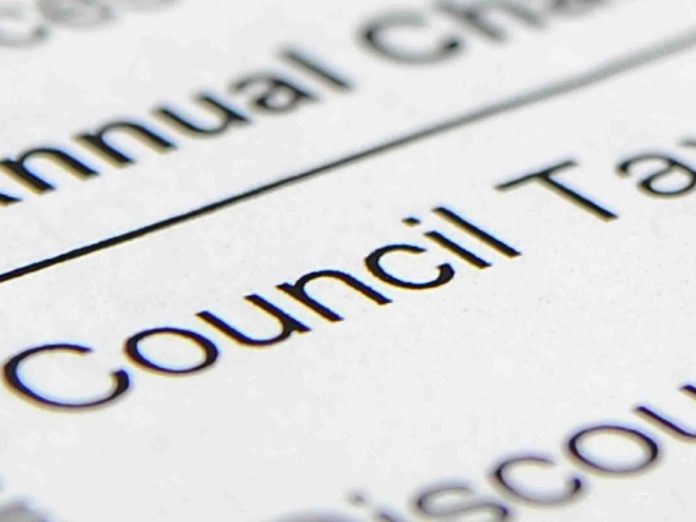A new report by researchers at the Institute for Fiscal Studies, funded by the IFS’s Local Government Finance and Devolution Consortium and the Nuffield Foundation looks at the impact reform of council tax could have on different parts of the country and different types of households, assuming the total amount raised was kept the same as now.
The report found that if If properties were revalued based on values at the beginning of 2019, and central government funding for local authorities (LAs) fully adjusted to account for this, average bills would fall in the Midlands and North and much of the South West, and increase in London and its environs.
If, in addition, council tax were made proportional to property values, the changes in average bills by LA would be much larger. Average bills across most of the Midlands and North would fall by over 20%.
Revaluation and reform of council tax could therefore contribute to the ‘levelling up’ agenda. But this depends crucially on central government funding for different LAs being re-allocated in line with the updated property valuations and council tax system. If this funding were not adjusted, each LA would need to raise as much council tax as now if it wanted to maintain spending. This means while some households would see their bill go up and others go down, the average bill charged by each LA would be unchanged.
Making council tax more proportional to value would create many more winners than losers, especially among young adults, disabled adults and households with low and middle incomes. Overall, 10.1 million (42%) households would see their bill fall more than £200 a year compared to 4.2 million (17%) who would see it go up more than £200 a year – although the average loss among the losers would be bigger than the average gain among the winners. For the poorest fifth of households, we estimate 24% would see their bill fall by more than £200 a year, compared to 4% seeing it increase by £200 or more.
There would be clear regional patterns, though, at least if government funding for LAs were adjusted in line with the reformed council tax system. Households would see their bills fall, on average, right across the income distribution in the North and Midlands, but would see them increase in London. Indeed among households in London in the bottom fifth of the income distribution, 17% would see their bill increase by £200 a year or more, compared to just 2% seeing a cut of £200 a year or more.
For private tenants, market rents would likely adjust to compensate, but this may not be the case for rents for social housing, which are not set by the market.
One option for supporting low-income households in London and elsewhere would be to undo the cuts to council tax support that have taken place since 2013. The report estimates that this would cost around £400 million and would significantly reduce the number of low-income losers and increase the number of low-income winners in the capital. The government could also consider transitional arrangements to phase in changes in bills and a deferred payment scheme to help the cash-poor asset-rich who see a big increase in their bills. Such deferral schemes are in place in Ireland and parts of the US and Canada.
Stuart Adam, a senior research economist at the IFS and an author of the report, said:
“The failure to revalue council tax for almost 30 years means the tax bills households face bear less and less relation to the values of their properties. At a minimum the government should therefore revalue properties and put in place a cycle of regular and frequent revaluations to stop us getting in this situation again. Ideally it would undertake more radical reform too.
Reform would create millions of losers as well as winners, which means doing it would probably involve some political pain. But it must be done at some stage, or we would still be basing council tax in 2091 on relative property values in 1991 – an absurd state of affairs. With a government with a large majority, the next few years looks like as good a time as ever.”
David Phillips, an associate director at the IFS and also an author of the report, said:
“Revaluing and reforming council tax, and at the same time adjusting government funding for LAs, would be a natural part of the government’s ‘levelling up’ agenda.
Council tax bills could be cut or spending on local services increased in the Midlands and North, especially in more deprived towns with the lowest property values – including many of the so-called ‘Red Wall’ areas that the Conservatives won in the last election. The flip-side is that with a revenue-neutral reform, bills would increase or council spending have to fall in London and its richer commuter areas.”







